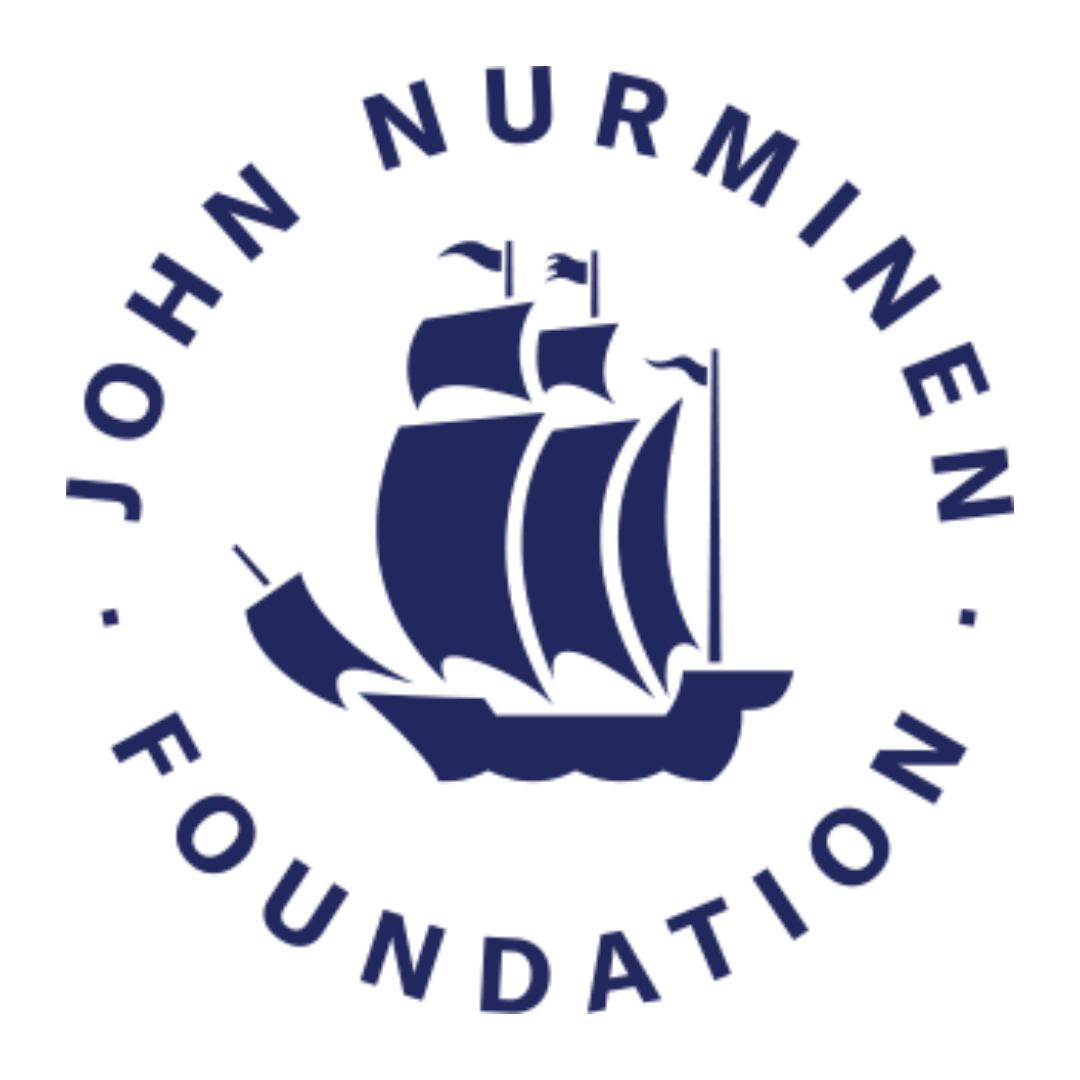On 16 – 17 May 2016, the NutriTrade project, led by the John Nurminen Foundation, organised an event where experts from the United States, Finland and Sweden worked together on ideas that would develop water protection policies in the Baltic area in a more cost-efficient, goal-oriented, and flexible direction. The event was hosted by the Embassy of the United States in Helsinki. After the event, brainstorming amongst experts from all over Europe continued on 18 May 2016 at the European Maritime Day workshop in Turku.
In the United States, Canada, Australia and New Zealand, flexible environmental steering methods that aim at reaching as good a status as possible with as low costs as possible are already used in many waterways. Based on these experiences, the NutriTrade project will develop similar pilot experiments – the first of their kind in Europe – for the Baltic Sea.
‘According to estimates, cost savings achieved through the programs in the United States are considerable. Depending on the area, the cost of reaching a good status for a waterway can be reduced by 27- 86%, a fact that has been a strong incentive to initiate such programmes. We have learned that program focus should be on major cost benefits and on making the mechanisms as simple as possible. In this way, the programs will achieve maximum performance and maximum total benefit for society’, says James Shortle, Professor from the University of Pennsylvania.
‘In the United States, various kinds of arrangements have been tried out in the Chesapeake Bay area and the states of Pennsylvania, Maryland and Virginia, allowing stakeholders to implement their nutrient discharge reduction targets flexibly and in cooperation with other stakeholders. Based on these experiences, we can make a preliminary assessment of what kinds of arrangements work and what do not’, explains Marc Ribaudo, branch chief at the United States Department of Agriculture USDA.
‘Developing the policies that protect the Baltic Sea in a direction that is more flexible and efficient is all part of the NutriTrade project. The objective of the project is to create a roadmap for political decision-makers, allowing them to introduce innovation and effectiveness to water protection policies both on the national and international levels. Ideas will also be tested in practice through the project’s pilot activities’, says Anna Saarentaus, who leads the project in the John Nurminen Foundation.
The John Nurminen Foundation has worked for more than ten years for the protection of the Baltic Sea, focusing on major sources of nutrient discharges and their cost-efficient mitigation. The annual phosphorus load to the Gulf of Finland has been reduced by more than 60%.
‘We must continue our determined work to reduce nutrient loads. This is why it is great to join the effort of renewing Finnish and international Baltic Sea protection policies, making them even more effective and impactful. If we do not target our resources efficiently across sector and country borders, we will not be able to save the Baltic Sea, as the work would otherwise be too slow and costly for society’, says Marjukka Porvari, leader of the Clean Baltic Sea projects in the Foundation.
The NutriTrade project creates new and innovative tools for reaching the reduction goals set for nutrient discharges, and promotes cost-efficient, international measures for reducing nutrient discharges in the catchment area of the Baltic Sea. The NutriTrade application platform, created in the project, will bring together efficient nutrient reduction measures and those voluntary financiers who wish to compensate their nutrient discharges and neutralise their nutrient footprint.
In addition to the John Nurminen Foundation, the project is implemented by the Natural Resources Institute Finland, the University of Helsinki, and the Swedish University of Agricultural Sciences. The total budget of the project is €2.1 million, of which EU funding (EU Interreg Central Baltic Programme) accounts for almost €1.6 million. The Foundation finances the project with the total sum of €256,000. The project is one of the flagship projects of the EU Strategy for the Baltic Sea Region: these projects seek to reduce discharges significantly, and, as a consequence, promote the Baltic Sea’s restoration to a good ecological status.
The John Nurminen Foundation, established in 1992, works for the Baltic Sea and its marine cultural heritage in a way that makes an impact and brings results. The Foundation’s Clean Baltic Sea projects improve the status of the Baltic Sea with concrete measures that reduce the nutrient load and environmental risks faced by the sea. The Clean Baltic Sea projects are funded with private donations and public funding.
More information:
Anna Saarentaus
Project Manager, NutriTrade Project
+358-40-719 0208
firstname.lastname@jnfoundation.fi
